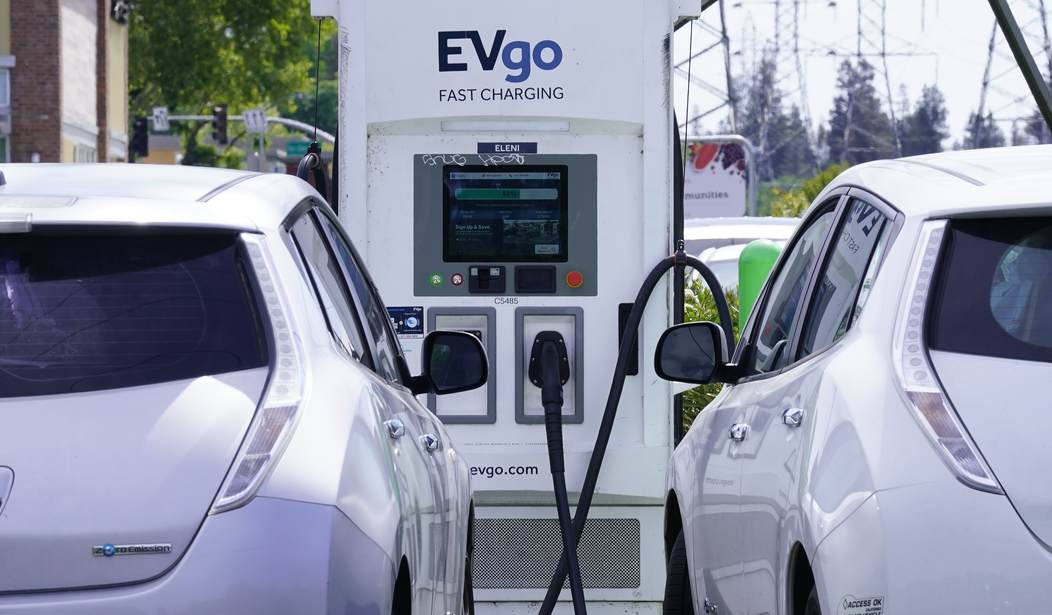When you don’t think Democrats can get any worse, they do.
The Biden Administration announced that it will be classifying some of the country’s most elite locations as “low-income” so that they can push their energy and electric vehicle agenda.
Thanks to President Joe Biden’s Inflation Reduction Act (IRA), the Biden Administration’s new EV charger tax credit program will allow them to label wealthy, elite U.S. locations as “low-income” or “non-urban,” making them eligible for electric vehicle (EV) charger subsidy programs.
The move was applauded by environmental groups who say making the credit widely available in various locations around the country will result in a more significant turnout for “climate-friendly” vehicles.
Montauk, Fishers Island in New York, Martha’s Vineyard, and Nantucket in Massachusetts will now be classified as “low-income” and eligible for EV charger subsidies. These are the same places where the country’s rich and famous live, such as former President Obama, who has a multi-million dollar home on Martha’s Vineyard.
Many homes in these locations are valued well over a million dollars, with several going for $5 million or more. Fisher’s Island is “an exclusive enclave where generations of old-money families gather to sail and golf.”
The tax credit will provide up to 30 percent off the cost of the EV charger to individuals and businesses in low-income communities and non-urban areas. The White House claims this will make it more affordable to install EV charging infrastructure and increase access to EV charging in underserved communities. To meet the “low-income” qualification, a Census tract must have a poverty rate of at least 20 percent. An area can also qualify if the median family income is below 80 percent if a given Census tract is not part of any particular metropolitan area.
Recommended
In addition to the tax credit guidance, the White House also announced $325 million in new investments to repair broken chargers.
According to the Daily Caller, a nationwide EV charging network is crucial in supporting the Biden Administration’s electric push.
“Building out a nationwide charging network is a key supporting plank of the Biden administration’s EV agenda, but the charging infrastructure that currently exists is concentrated in wealthier, more densely-populated coastal regions of the country. The Biden administration’s tax credit program is designed to blunt the costs of charger construction, specifically in non-urban, less wealthy parts of the country that would be less likely to install them.

























Join the conversation as a VIP Member